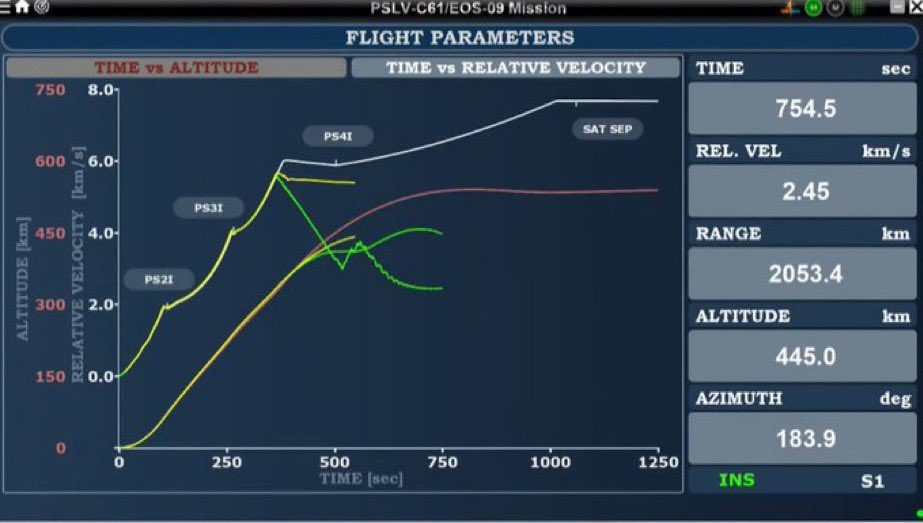European satellite operator Eutelsat has announced its intention to invest US$550 million in OneWeb, the low Earth orbit (LEO) constellation developer. Eutelsat, which primarily operates a fleet of 27 GEO satellites, has been developing a LEO Internet of Things constellation. The terms of the investment, announced on 27 April and set to complete this year, will see Eutelsat invest US$550 million for an equity stake of about 24 per cent in the company. This stake will elevate Eutelsat to the same level of ownership as the UK Government and Indian conglomerate Bharti Global. Their interests, acquired in a rescue of OneWeb last year, will fall from 30 per cent each once the capital is enlarged. Eutelsat will also gain seats on the board of directors.
Eutelsat reports that this investment is to be 100 per cent in cash and will be sourced from its current (end-of-March 2021) cash-positive position, coupled with expected proceeds from the US C-band auction. Eutelsat expects to receive over US$500 million from this over the coming years.
Following the announcement from Eutelsat, OneWeb stated that the new funding would cover 80 per cent of the projected cost of its first-generation constellation. Since emerging from bankruptcy protection in November 2020, it has managed to raise US$1.9 billion in financing (including this most recent investment).
Comment by David Todd: Eutelsat (backed by the French government) originally lost out to the UK government and Bharti in the bankruptcy bidding auction last year. In effect, this move gets Eutelsat back in the LEO game for a relatively cheap price. It is also good news for OneWeb as Eutelsat can provide a distribution/sales resource for the firm. The decision is also a sort of validation of the gamble that the UK government took (under the advice of Prime Minister Boris Johnson’s then adviser, Dominic Cummings) to invest in OneWeb.









